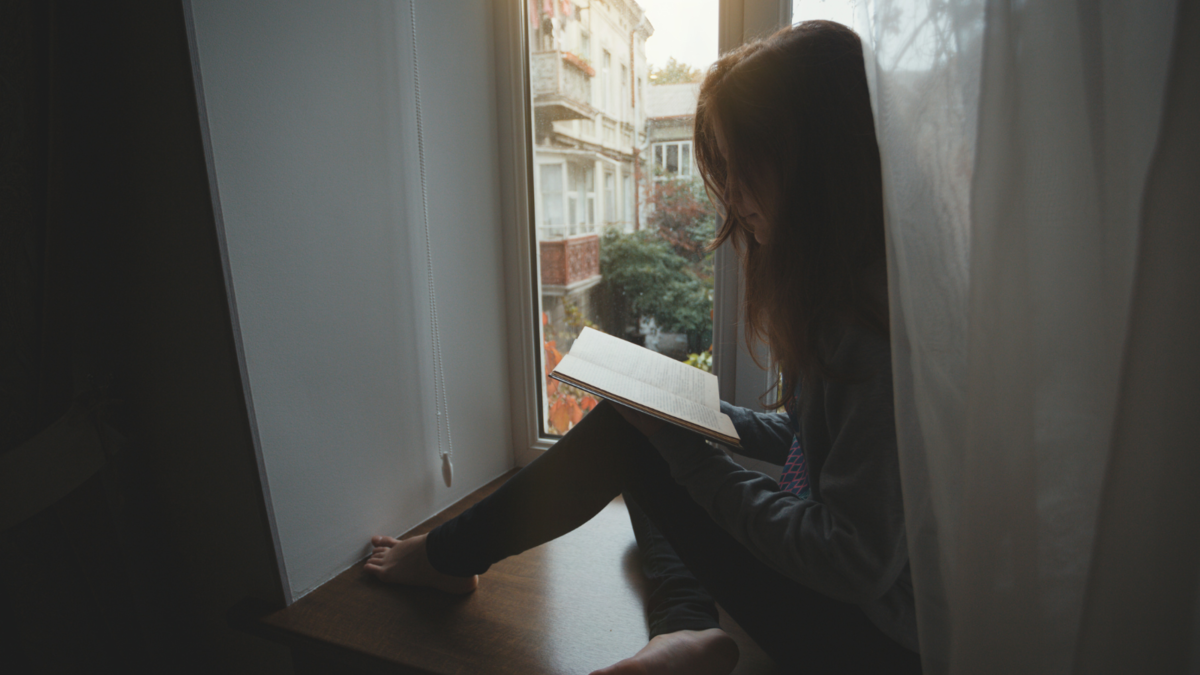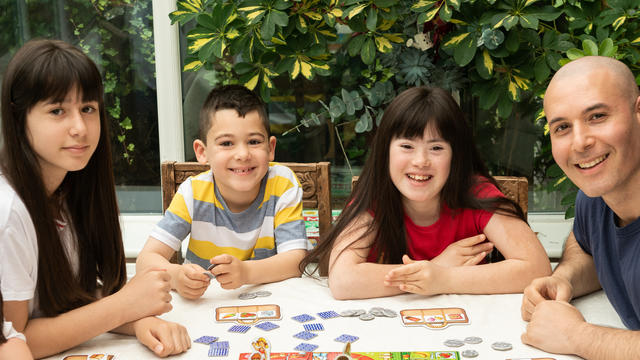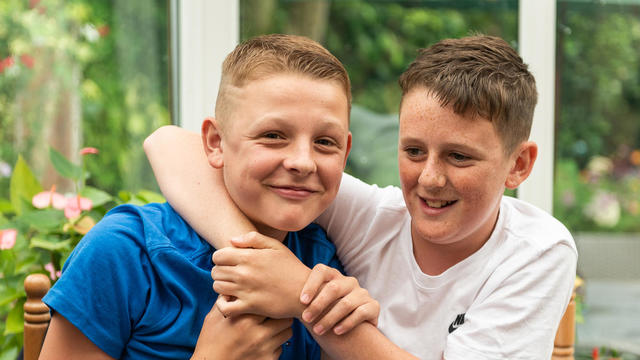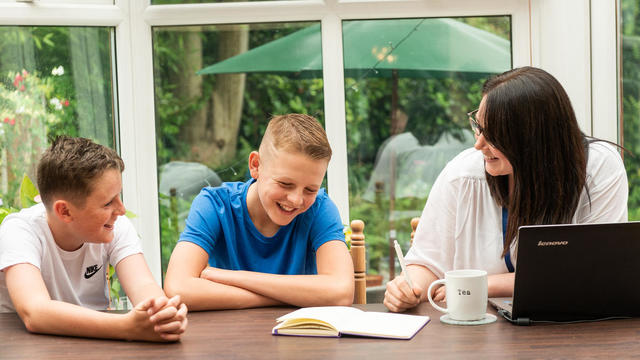Unregistered settings for children in care in the spotlight

Last year, in collaboration with The Observer, we conducted an investigation revealing that over 700 children in the UK are living in unregistered accommodation. Alarmingly, 2 in 3 of these children are under 16.
On 18 September, our research was featured on BBC Radio 4 by Andy Smith, president of ADCS.
Background
Most children in care are placed with foster carers or in registered children's homes. However, an increasing number are being placed in unregistered homes, which are illegal (Croxton, 2024). Shockingly, the number of such homes has risen by 277% over the past three years.
Unregistered homes are settings for children in care that are not registered with Ofsted. This is illegalunder the Care Standards Act 2000, which mandates that children’s homes must be registered with Ofsted. Therefore, operating without registration is a criminal offence.
Despite this, Ofsted did not prosecute a single provider in 2022-23, even after conducting 845 investigations into suspected illegal children’s homes (Guardian, 2024).
Since unregistered homes are not subject to independent regulation, there is no guarantee that they meet the minimum standards required of registered providers. As a result, the quality of these homes varies (Together Trust, 2024).
One in five local authorities have resorted to using unregistered settings for children with complex needs, often using them as emergency, short-term placements while they search for appropriate, registered homes. These are vulnerable children, placed in homes which don’t guarantee safety and quality of care.
Children placed in unregistered settings, some as young as 12, are often subjected to Deprivation of Liberty orders, which allow them to be effectively detained, isolated, and placed under constant supervision by agency staff (LBC, 2024).
Also, the financial cost to the public is also enormous. Most of the providers operating unregulated homes are private companies. Our investigation revealed that these providers received nearly £105 million from English councils last year, amounting to approximately £150,000 per child. Yet we know little about the quality of care or whether these children’s needs are being met (Guardian, 2024).
What the sector thinks
Ofsted warned that many children are living alone in these homes, often with high numbers of staff, “which risks leaving them isolated and vulnerable to mistreatment” (LGL, 2024).
Carolyne Willow, director of the charity Article 39, had raised serious concerns about these children being "out of view" surrounded by a team of adult staff. According to Carolyne "These are not necessarily trained, experienced and qualified staff. That rings alarm bells" (LBC, 2024).
Yvette Stanley, Ofsted's National Director for Social Care and Early Years Regulation, stated that: "the previous government promised us additional powers in 2021 that would allow us to act more swiftly against illegal providers – these powers are urgently needed in the best interests of our most vulnerable children."
Our statement
The illegality of unregistered settings cannot be overlooked. Immediate action is necessary to put an end to their use. If these settings continue to operate without being held to the same standards as registered providers, children and young people will likely remain at risk of safeguarding and other serious concerns.
We are hopeful that the Children and Wellbeing Bill, announced in the King’s Speech, will address this crucial issue and ensure that all children in care are placed in stable, safe, and high-quality homes.
You can keep up with our updates via our website or by signing up to our campaign emails.





